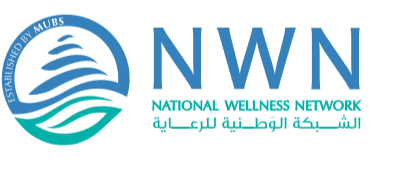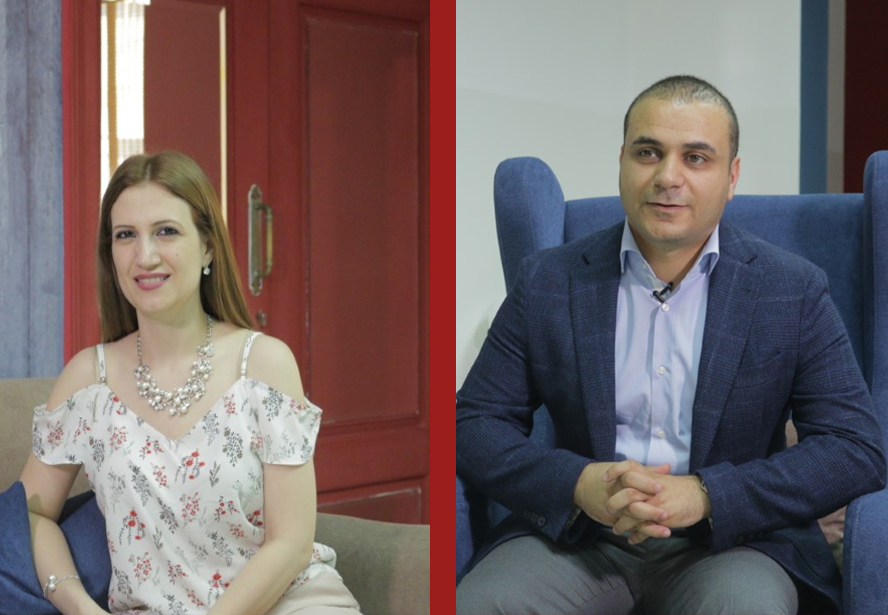Effective Use of Virtual Reality for Public Health Education
Effective Use of Virtual Reality for Public Health Education: New Study by MUBS, Cardiff Met, and Stanford Researchers
A new study by MUBS, Stanford, and Cardiff Metropolitan University researchers shows the effectiveness of Virtual Reality (VR) technologies in creating an effective learning environment and promoting humanitarian relief principles among Public Health students in the United Kingdom and Lebanon. The study also highlighted the role VR plays in mitigating stereotyping and discrimination among populations from different cultural and educational backgrounds.
VR technologies provide an immersive interactive learning experience for users to promote empathy, intimate understanding of the subject matter, and a collaborative tool through which teams could utilize to tackle in-the-field challenges. In the current study, students carried out a problem-based learning exercise around public health challenges faced by Syrian refugees in Lebanon. In the wider context of a Virtual Student Exchange Program, small, mixed-nationality groups were connected by advanced videoconferencing systems, Skype, WhatsApp, and other technologies to research specific healthcare requirements for refugee camp sites, including sanitation, food safety, housing, communicable and incommunicable diseases to construct an interview guide for the Lebanese students to use on a visit to a camp at the end of the program. Lebanese students captured 360-degree videos to allow UK peers to ‘join’ them on their camp visit using VR.
Findings from post-hoc video interviews focusing on the use of VR indicated that students felt closer to the subject of their research than before it was used. Participants’ emotions were affected by what they saw in the camps, providing a broader cognitive experience in which sight, sound, and emotions were linked to the camps, deepening learning about the refugees’ conditions. As a result, faculty in Lebanon and the UK were able to move beyond the use of simple text-based scenarios, facilitating students’ learning about a real-world situation that they would not have been able to access through other means.
Dr. Nael Alami, Director of the Virtual Exchange Program at MUBS, believes the results of the study will further encourage public health experts to utilize VR and similar technologies to address challenges facing humanitarian responders. Mrs Diana Madah, co-leader of the study and lecturer of Public Health, hopes the study will enhance the use of educational technologies in public health classrooms given the positive impact reported in the research. The authors hope that their approach will be scaled for wider use in educational settings, providing virtual access to locations that are difficult for learners to visit by other means.
Link to the study: Link







